Humans
-
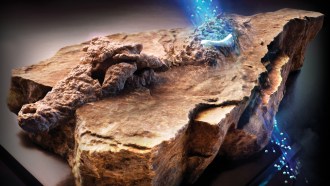 Physics
PhysicsHow neutron imaging uncovers hidden secrets of fossils and artifacts
The technique can complement X-ray scanning and other tools to uncover details of dinosaur fossils, mummies and more.
-
 Health & Medicine
Health & MedicineBrain tissue may be fuel for marathon runners
Myelin, fatty tissue that insulates nerve cells in the brain, may be a renewable energy source for marathon runners and other endurance athletes.
By Meghan Rosen -
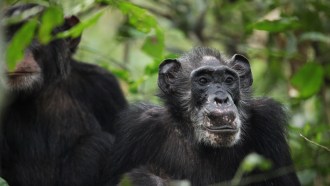 Anthropology
AnthropologySurprisingly long-lived wild female chimps go through menopause
Chimpanzees in Uganda are the first known example of wild, nonhuman primates experiencing the hormonal changes, raising questions about how menopause evolved.
By Bruce Bower -
 Genetics
GeneticsMost of today’s gene therapies rely on viruses — and that’s a problem
The next big strides in gene therapy for rare diseases may come from CRISPR and new approaches to delivery.
-
 Health & Medicine
Health & MedicineBlocking an aging-related enzyme may restore muscle strength
Treating old mice with a drug that inhibits a “gerozyme” restored muscle strength, which can diminish with aging.
-
 Health & Medicine
Health & MedicineNewly identified stem cells can lure breast cancer to the spine
A new type of stem cell discovered in mice and humans might explain why cancer that spreads to other body parts preferentially targets the spine.
By Meghan Rosen -
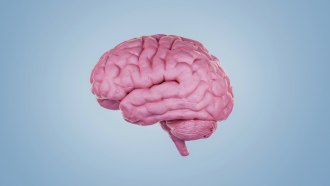 Neuroscience
NeuroscienceWhat a look at more than 3,000 kinds of cells in the human brain tells us
A wide-reaching look at the cells that build the brain, detailed in 21 studies, showcases the brain’s cellular diversity and clues about how it works.
-
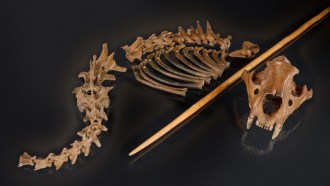 Archaeology
ArchaeologyNeandertals hunted cave lions at least 48,000 years ago
A new study reports the first direct evidence of Neandertals slaying the big cats, and the earliest evidence of any hominids killing a large predator.
By Bruce Bower -
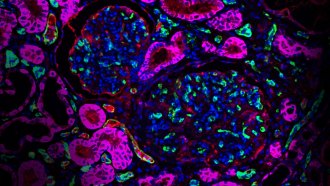 Health & Medicine
Health & MedicineA monkey survived two years with a miniature pig’s kidney
A new study is the latest in a string of efforts seeking to use other animal species to solve the global organ shortage in people.
By Meghan Rosen -
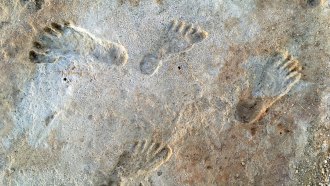 Archaeology
ArchaeologyHuman footprints in New Mexico really may be surprisingly ancient, new dating shows
Two dating methods find that human tracks in White Sands National Park in New Mexico are roughly 22,000 years old, aligning with a previous estimate.
-
 Health & Medicine
Health & Medicine‘Dormant’ HIV has ongoing skirmishes with the body’s immune system
In people on HIV drugs, defective viral bits may still exhaust T cells, possibly making it harder to fight back if people go off the drugs.
By John Carey -
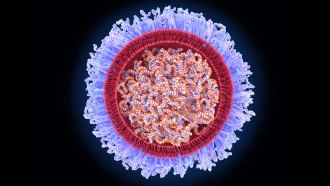 Health & Medicine
Health & MedicineEarly mRNA research that led to COVID-19 vaccines wins 2023 medicine Nobel Prize
Biochemists Katalin Karikó and Drew Weissman devised mRNA modifications to make vaccines that trigger good immune responses instead of harmful ones.